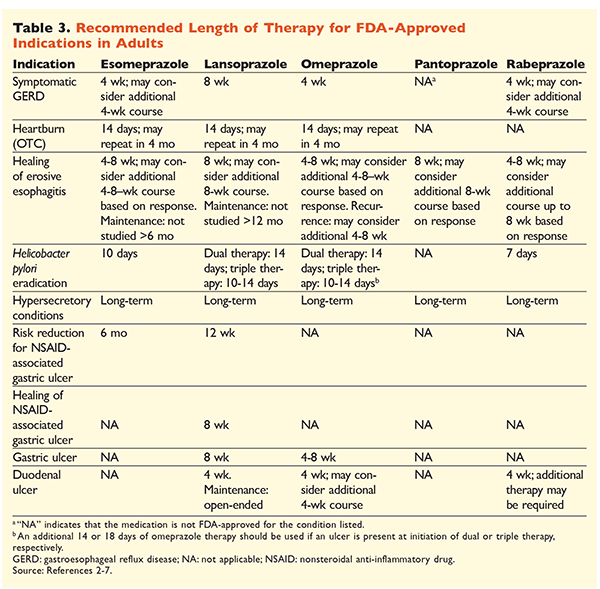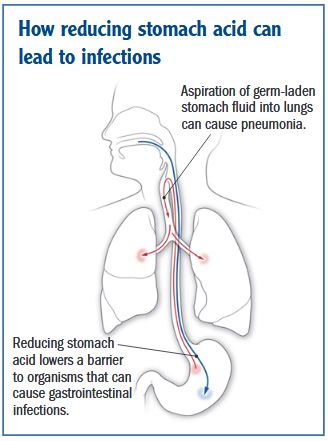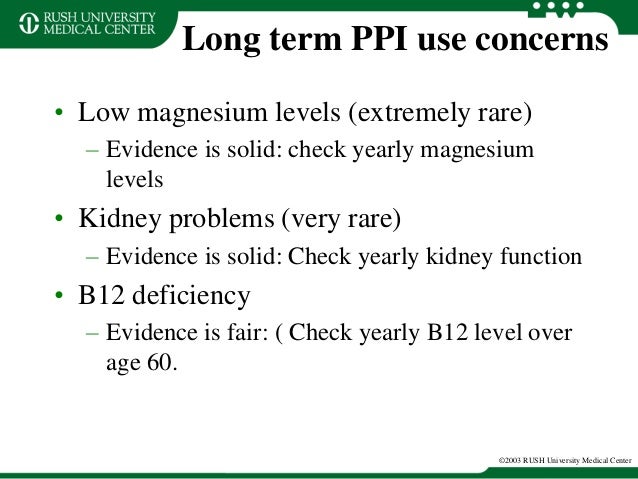Ppi Vs H 2 Blocker Long Term. Yet people often take PPIs under the mistaken assumption that they are the better medication in all circumstances. It was easy, no side effects, no issues.

Jianu CS, Lange OJ, Viset T, et al.
It was easy, no side effects, no issues.
Schneider JL, Kolitsopoulos F, Corley DA. Yet people often take PPIs under the mistaken assumption that they are the better medication in all circumstances. If you have silent reflux, however, you do not get heartburn. Image: Thinkstock You may think you're reaching for heartburn relief when you take a proton-pump inhibitor (PPI), a type of medication that helps block the production of stomach acid. PPIs should be given along with calcium supplementation to prevent hip fracture. PPIs block the final step in the pathway of acid secretion in the stomach.
PPIs are very effective in reducing gastric acid secretion. This article will discuss the appropriateness of combination therapy and its associated risk. Proton pump inhibitors (PPIs) reduce the production of acid and are used to prevent and treat acid-related conditions including ulcers and gastroesophageal reflux disease (GERD). Proton pump inhibitors (PPIs) such as Prevacid, Prilosec and Nexium are among the most commonly used drugs in the world. The results are pain (heartburn) in the short term and more serious risks - like cancer - in the long term. If you have silent reflux, however, you do not get heartburn.
The results are pain (heartburn) in the short term and more serious risks - like cancer - in the long term. PPIs block the final step in the pathway of acid secretion in the stomach. Proton pump inhibitors (PPIs) such as Prevacid, Prilosec and Nexium are among the most commonly used drugs in the world.





